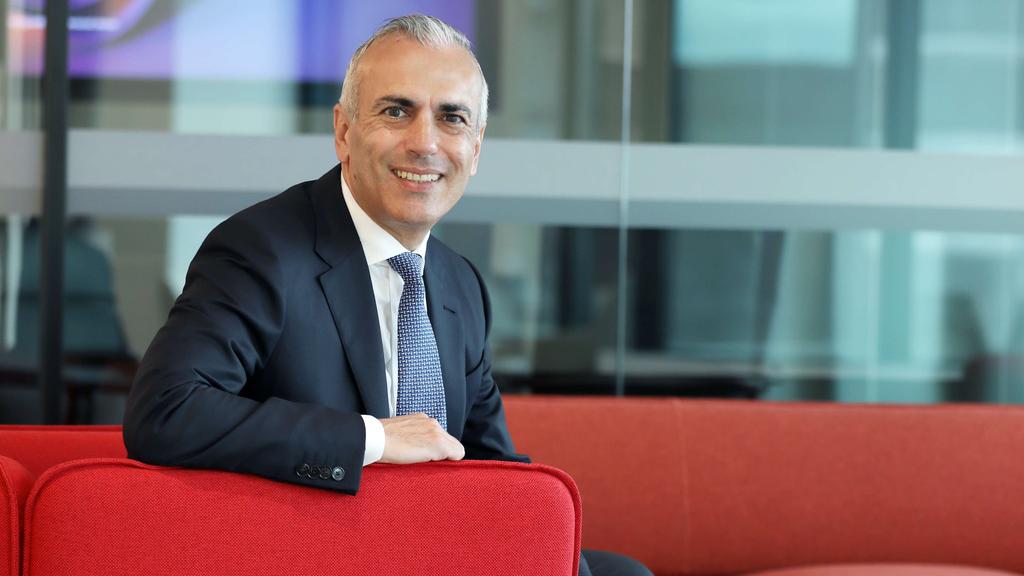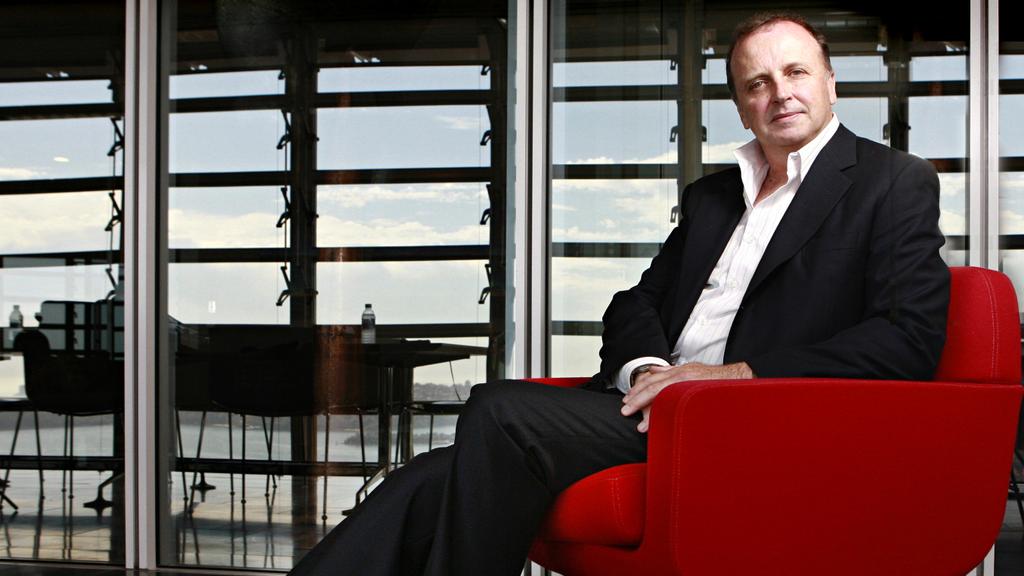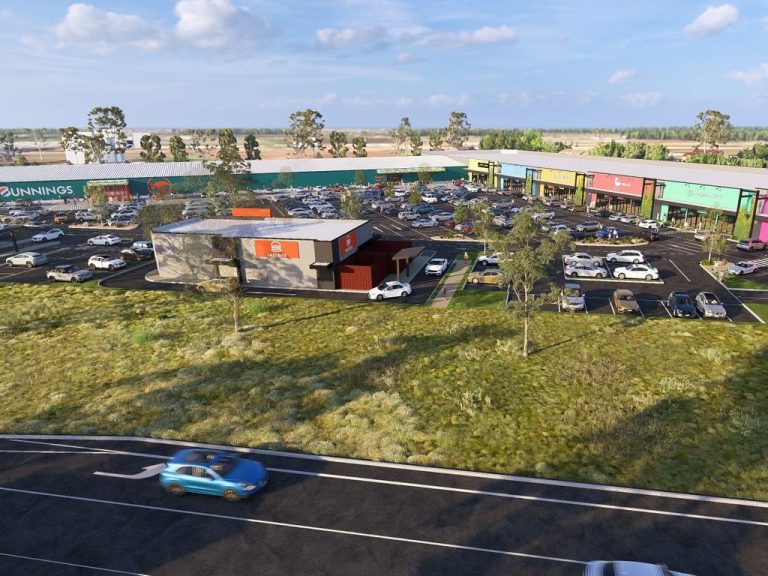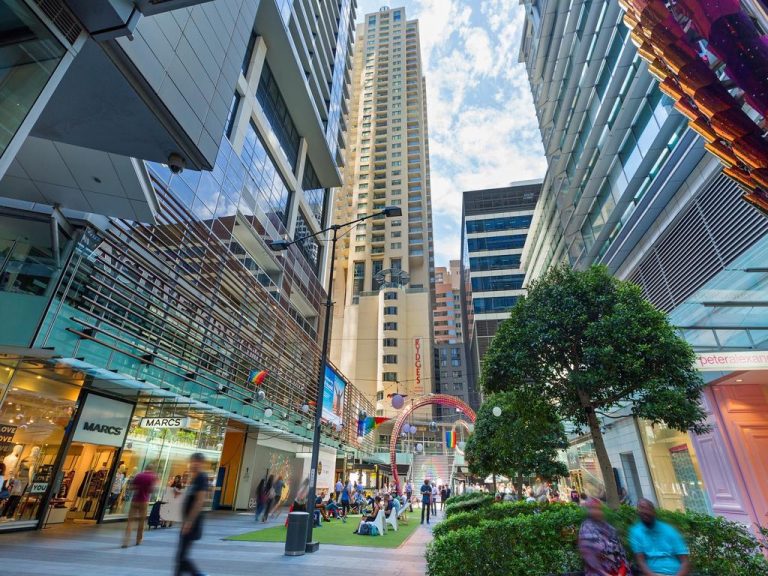David Di Pilla sticks to his guns at fiery HMC Capital meeting

Managing Director of HMC Capital David Di Pilla. Jane Dempster/The Australian.
The boss of listed investment manager HMC Capital, David Di Pilla, provided a robust defence of his expansionary business model to shareholders of his embattled operation who are agitating for better returns.
The company has spiralled from a share price high of $13 ahead of the ill-fated float of its DigiCo Infrastructure REIT last December, and has come under attack from hedge funds betting against its foray into energy infrastructure.
Its listed satellites invested in data centres and private hospitals have also plunged in value as both sectors resist pressure invited by top-of-the-market purchases, dragging the fund manager’s stock down.
It closed up 4c to $2.99 on Wednesday.
The former UBS deal maker insisted that his HMC model will hold up and fired back against critics of its approach, saying he would not take a short-term mindset, insisting anything that was done would be “rational and thoughtful”.
In an at times fiery meeting, attended by some of Sydney’s top financiers, Mr Di Pilla debated the company’s prospects with another former investment banker – K Capital’s David Kingston. The ex-Rothschild banker questioned HMC’s structure and the treatment of key assets, notably its stakes in its underperforming satellite funds, including the struggling HealthCo Healthcare & Wellness REIT.

Former Rothschild banker David Kingston.
Mr Di Pilla told the meeting that both data centres and hospitals were essentially infrastructure businesses, which listed markets in Australia had not always gotten right.
He told the meeting that the data centre company was on track and expanding its major Sydney centre, and flagged the potential for it to realise some capital in the US – a strategy which Mr Kingston agreed could lead to a rerating.
Mr Di Pilla also countered that private hospital operators were struggling while insurers were flourishing, noting that the “transmission mechanism” used in funding the area was broken.
“Healthscope will come through,” he said, though he admitted HMC’s hospital-owning trust was, for now, “collateral damage”.
Mr Di Pilla insisted that HMC would be able to find alternative operators for the hospitals and it would not be pushed into accepting low ball offers from its next tenant, meaning rent cuts, which have been circulated as a demand by the hedge funds now in control of Healthscope.
He pointed to the errors private equity players had made as they came into the health sector over-leveraged, and flagged the firm would not engage with such groups and would instead seek out longer-term tenants.
Mr Kingston – who is both a shareholder and backer of the company at its current price – quoted the famous line from the movie Jerry Maguire of “Show Me the Money” as he questioned whether HMC Capital should pull back from doubling down on its relentless effort to grow funds under management to $50bn. He said it should instead consolidate and perhaps even look to crystallise some value.
“The sentiment at the moment is negative, in my opinion it’s unfairly too negative,” he said, adding the market would give the company credit for generating “cold hard cash”.
While Mr Di Pilla had ruled out options including internalising the listed shopping centre fund, Mr Kingston suggested that if it were able to syndicate the energy assets, the market would reward it, even if it took a loss on the deal.







